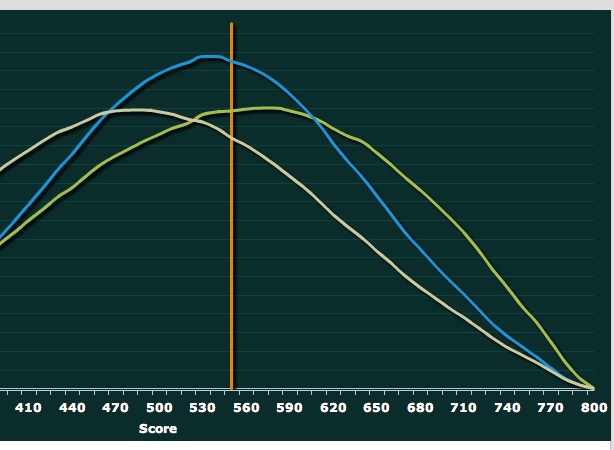Over many years I’ve written extensively — both here and in my book — about the weakness-failure MBA admissions essay and how to approach it. In fact, it has to be about 8 years since I pioneered the notion of using the failure essay to position the applicant as a leader, because all successful leaders have failed or will fail at some time or another. Moreover, a real leader will acknowledge not deny a failure, and embrace its implied learning path — demonstrating capacity for personal growth which is the real test in answering this type of question.
Anyway, as you know, this year HBS grew the category from ‘failure’ to ‘setback’ and extended their request from one failure in 400 words to 3 setbacks in 600.
In a sense, not too much new here, but seeing as I’m experiencing a few clients struggling to hit the nail on the head, let me add a few thoughts and go over one or two principles.
First, a setback is broader than a failure. A failure comes from something you did or didn’t do. It implies personal causality and responsibility. A setback can be a failure in these terms, but it can equally be due to no fault of yours — just the big wide world doing what it sometimes does in a way that helped you not.
But, recognize too that the setback category does not cover all negative events. The outcome must be a setback. If you swam too far from the beach but were rescued, you might feel like an idiot and you might have had a wake-up call. But it’s not a setback because you were not held back or slowed down in any meaningful sense.
Choosing setbacks
Assuming you’ve identified various items that count as setbacks, which do you choose?
First the basics: as with the 3 x Accomplishments, you should create a spread from professional to personal to community topics. All work and no play makes Jack a dull admissions boy.
After that, you choose between setbacks the way you choose every topic: by asking yourself “which allows me to deliver the most admissions value?”
These are the kinds of admissions value a setback can communicate:
1. You show you are a leader. All leadership implies exploration of uncertainty and action without full knowledge of the consequences. Therefore all leaders mess up now and then. If you’ve had no setbacks, you have not led enough.
2. You show you are an innovator, and can balance risk and caution. Sometimes innovators go down blind alleys or take risks that don’t pan out. It comes with the territory. If you’ve got nothing here, you are either over-conventional or over-cautious, or both.
3. You show you are determined and can persevere. The “comeback from a setback” allows you to show tenacity and how you don’t give up.
4. You show you are resourceful. Likewise, overcoming a setback may allow you to demonstrate resourcefulness and creativity.
5. You show self-knowledge and self-insight. You are able to do honest introspection, which is the litmus test of maturity. You demonstrate humility.
6. You show growth. You are willing to learn, adapt yourself and your actions, and grow through experiences such as this.

